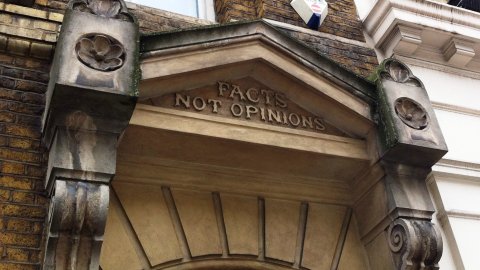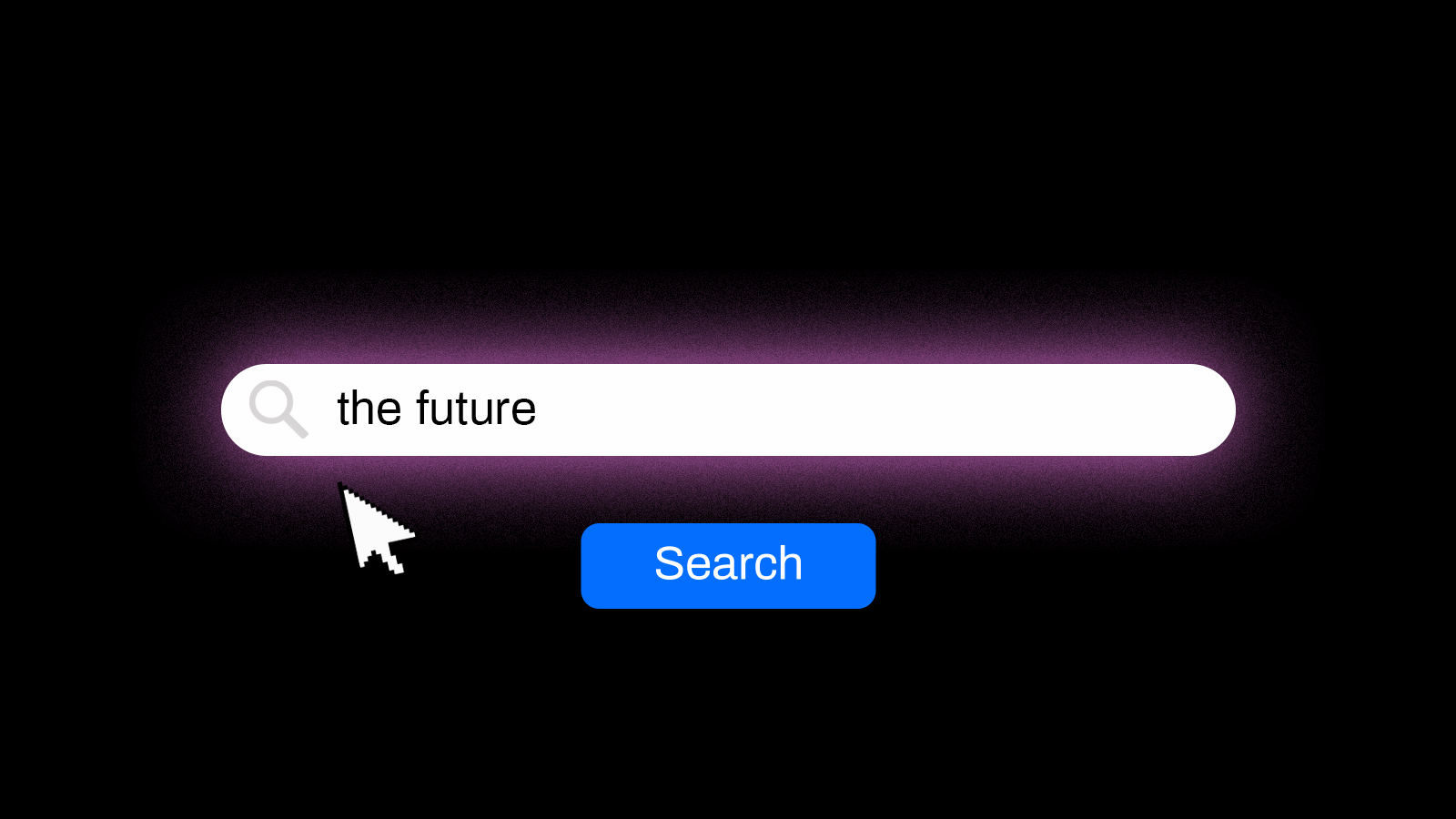Google Working on a System to Rank Pages Based on Facts, Not Links

The web is full of misinformation from anti-vaccination movements to sites that wield pseudo-science as fact. But Google feels it has an obligation to change the way it ranks pages and prevent these sites from spreading false facts. A move that could add fuel to the fire of some of these sites’ claims.
The hope is to remove fact-less news, according to a report from New Scientist‘s Hal Hodson. Right now, Google uses the number of incoming links as a way to judge a page’s relevancy and quality. It’s an easy way to help determine a page’s importance relative to the vast and ever-expanding web. So, the search algorithm can calculate where it should appear amongst a search result’s ranks. In short: the more sites that link to you, the higher your ranking.
The new system, being worked on by a Google research team, is based on trustworthiness — quality over popularity. The researchers said:
“A source that has few false facts is considered to be trustworthy.”
The software that detects inaccuracies is based on Google’s own Knowledge Vault, which was built to spit out facts gathered across the web and into a single database. Its purpose is to answer questions with an answer, rather than with a relevant link, such as, “Where was Madonna born?” But these facts are pulled automatically — without human assistance, based on information the web unanimously considers as truth.
The hope is this new way of ranking searches will help stop the spread of misinformation. When there are so many voices out there, it’s difficult to separate fact from speculation, which may be why so many fact-checking apps and sites have appeared. However, for those already firm in their beliefs, it may be difficult to block people who already have misconceptions about, say, climate change. Studies have found it’s better to empathize rather than bombard people with facts. However, Google’s new rankings system may help aid people in their pursuit of knowledge in the future and help prevent any misinformation from spreading further.
Read more at New Scientist.
Photo credit: John Lord/Flickr





